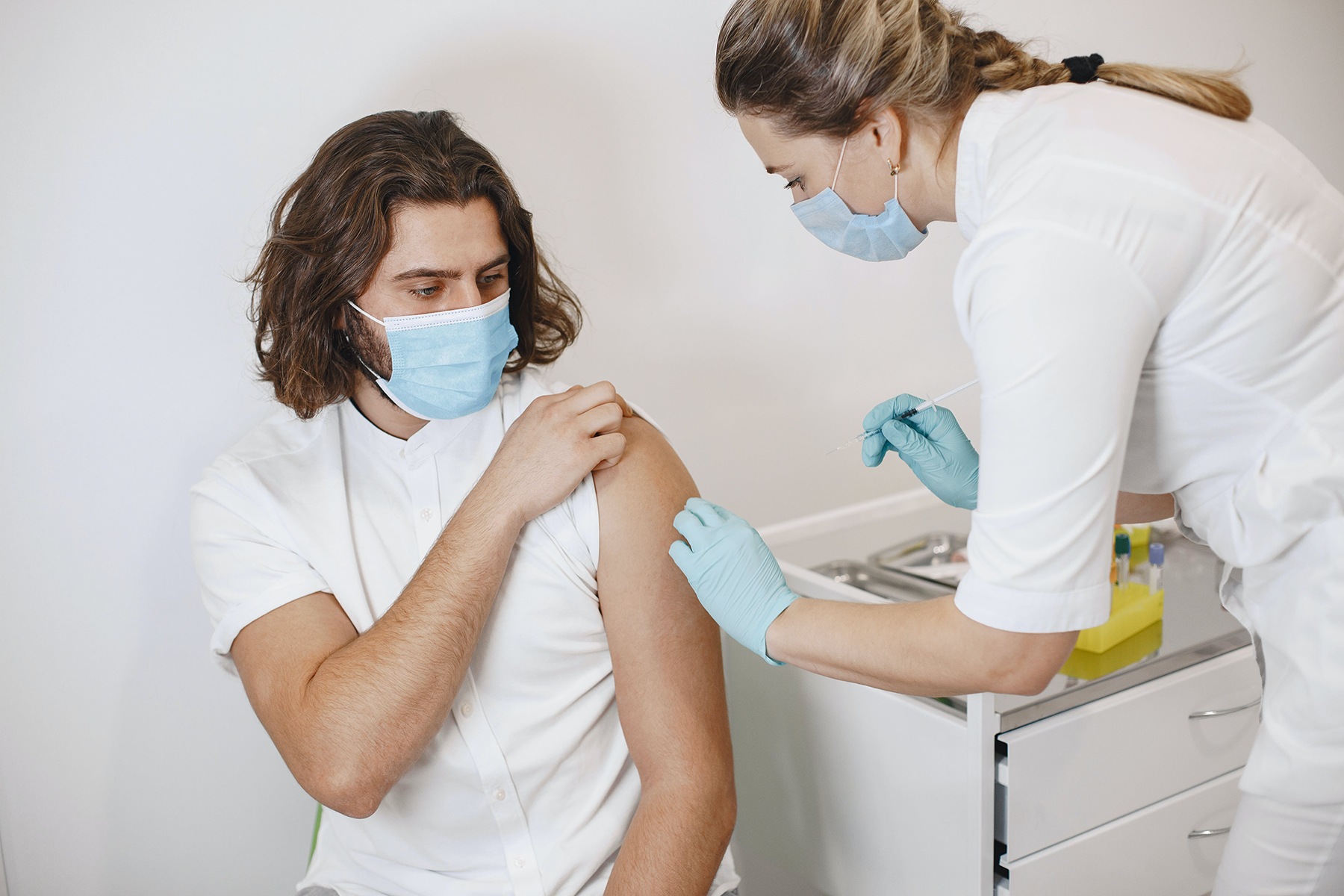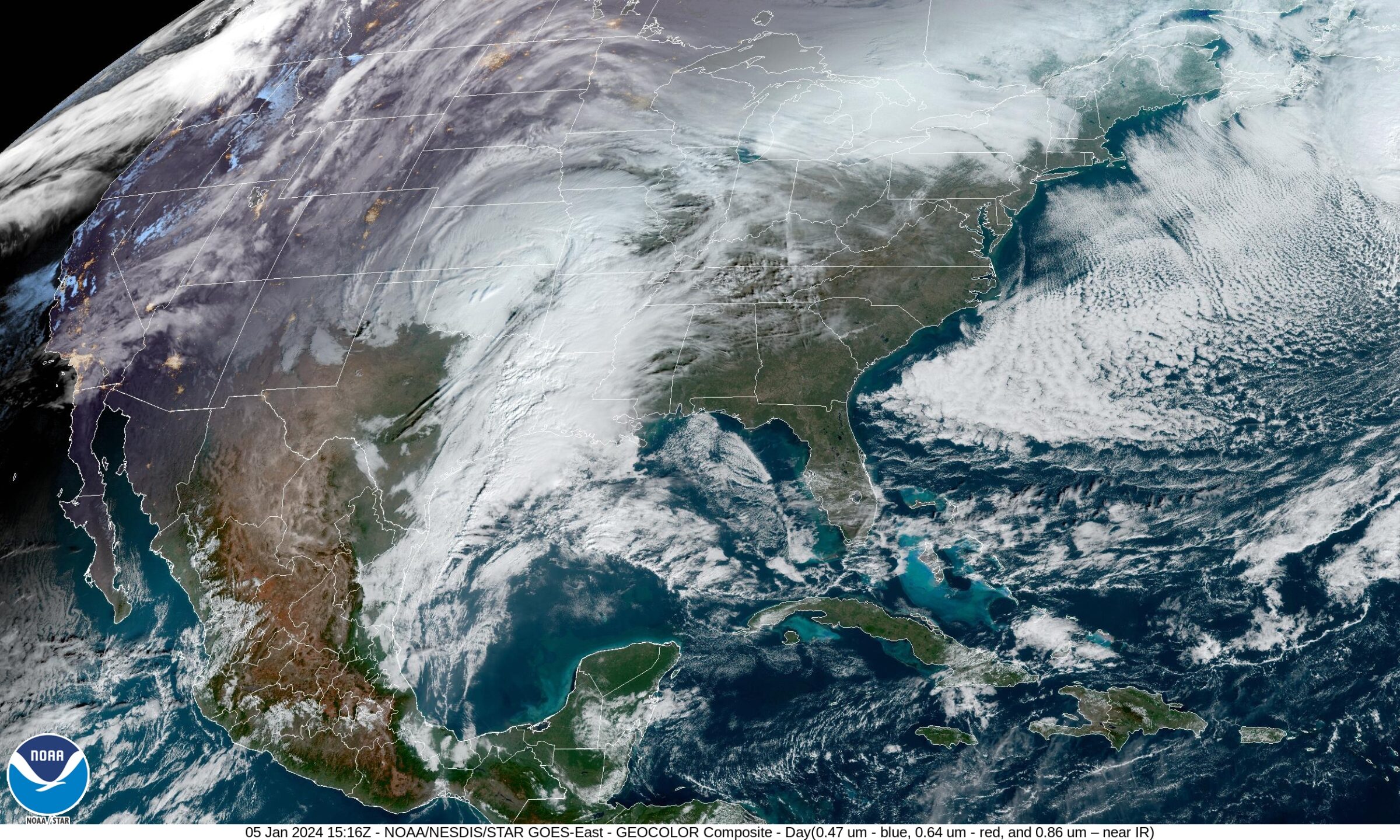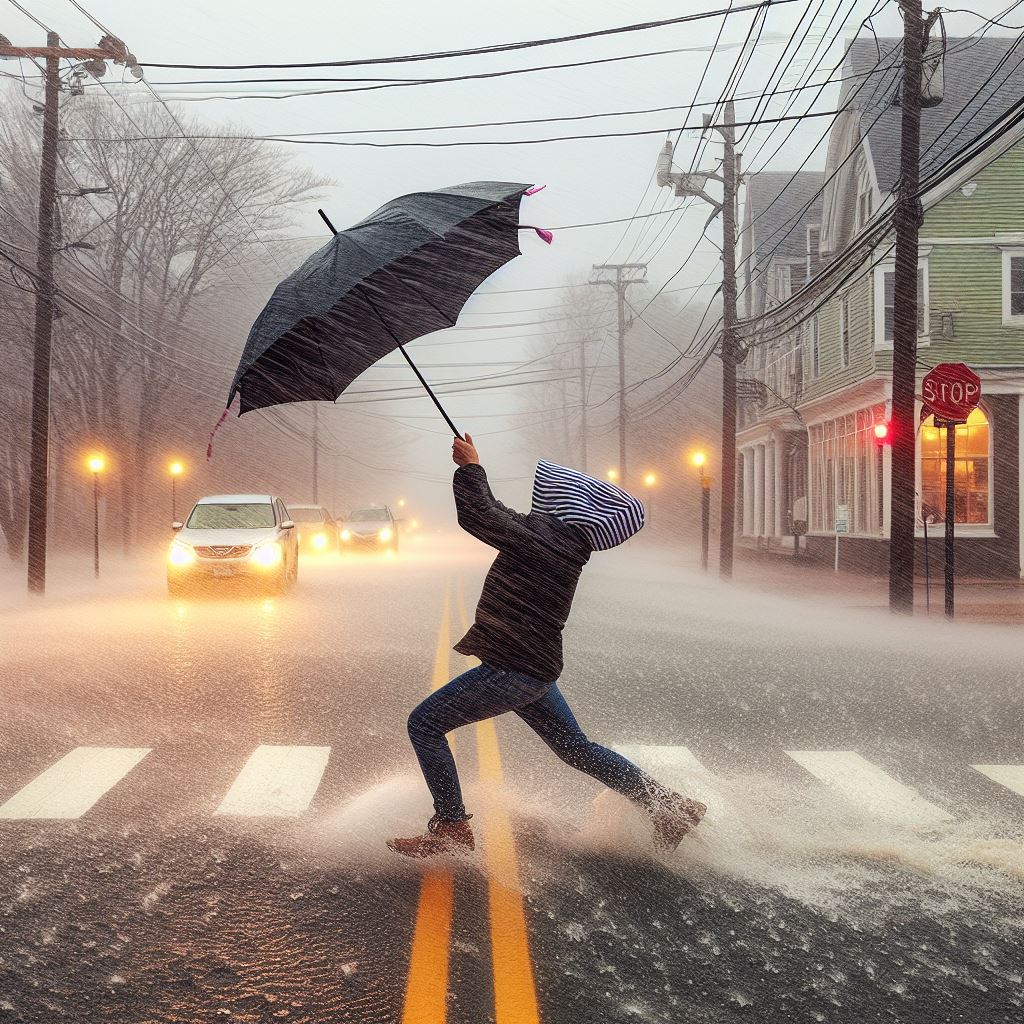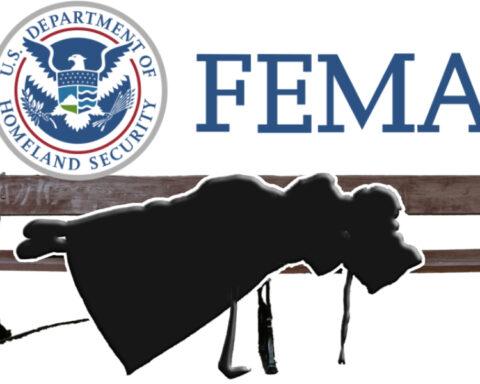Public health experts say the rapid spread of health misinformation online is contributing to a dangerous decline in vaccination rates.
Surveys show the percentage of Americans who believe vaccines are unsafe has nearly doubled since 2021 – as social media users falsely claim approved vaccines cause autism, cancer or infertility.
Dr. Monica Wang – associate professor of community health at Boston University’s School of Public Health – said these falsehoods spread faster than the truth, with damaging results.
“This health misinformation spread can erode trust in health-care systems,” said Wang. “It can lead to people delaying when they go to a doctor to seek help.”
Wang said social media algorithms are keeping users in so-called “information silos” – unexposed to credible health sources or even contradictory views.
She said without robust regulation of misinformation content, individuals are left to discern what is true.
Studies show misinformation regarding the COVID-19 vaccine has cost the U.S. up to $300 million a day in health care and economic losses since 2021.
It’s also contributed to an estimated 300,000 preventable deaths of unvaccinated individuals.
With COVID-19 cases increasing, Wang said scientists can also use social media to create health content and regain the public’s trust.
“We as researchers can do a better job about communicating our science,” said Wang, “and that means we start communicating our results and our processes in language that’s easy and accessible for everyday people to understand.”
Wang said social-media users should look for health information from established medical institutions and avoid content making sensational medical claims.
And, she said, when in doubt, don’t share information that lacks scientific credentials.
















